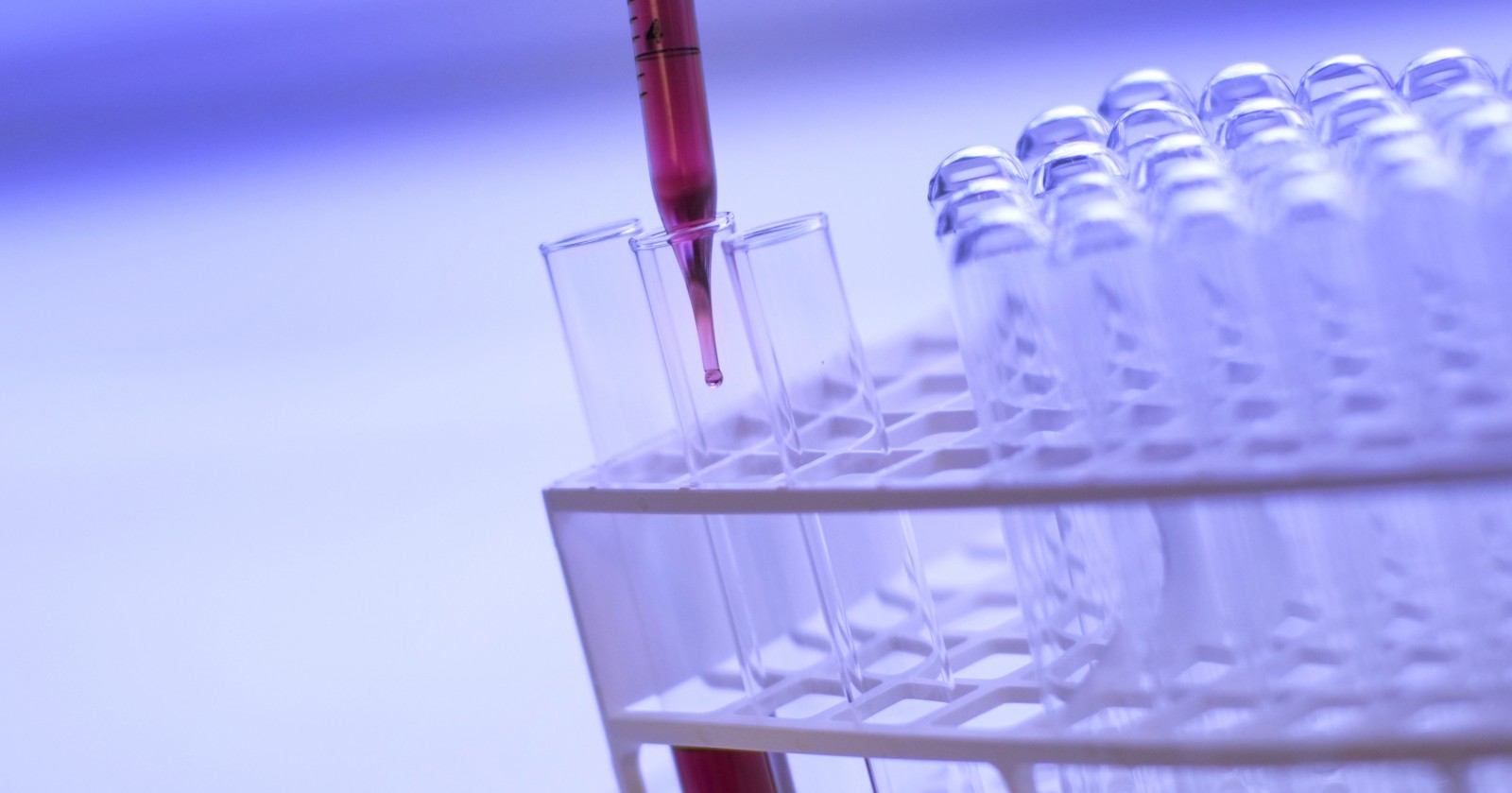
Scientist to Tell Future from Blood. Metabolic Biomarker Level Will Help Predict Risk of Death22.08.2019
The tests conducted by the researchers demonstrated a stunning 83% accuracy.
The study was held researchers from the National Institute for Health and Welfare (Prof. Johannes Kettunen). The project also involved experts and academics from the Department of Biomedical Data Sciences of the Leiden University Medical Center (molecular epidemiologist Professor Elina Slagboom) and the Max Planck Institute for Biology of Ageing (Dr. Joris Deelen). The results of their study, which could potentially prove groundbreaking in predicting mortality risk, were published recently in Nature Communications.
According to the researchers, predicting risk of death requires a complex package of clinical data. First, they focused on creating a database of metabolic parameters, drawing on what’s known as systems biology and the Human Metabolome Database—a comprehensive online database of small molecule metabolites present in human tissues and cells, including blood, launched in 2007 by scientists from the University of Alberta. The Finnish and Dutch researchers used the model to predict which metabolites in the human body can impact long-term longevity. It’s the largest study of its kind in that particular field.
Initially, researchers developed their model by focusing on 226 specific in blood samples from 44,168 patients (aged 18–109), 5,512 of which died in the course of the study’s seventeen years. After an in-depth analysis, the research team identified 14 biomarkers independently associated with mortality. According to the scientists, the 14 markers were much better predictors for risk of death within 5-10 years than the previously used traditional models, based primarily on parameters such as blood pressure or cholesterol level, which are less reliable for older patients.
The next step involved using the 14 biomarker model in practice. The research team attempted to predict the risk of death for 7,603 Finns who have their blood drawn for analysis in 1997. A query of the national death registry revealed that 1,213 people from the group in question were already dead. The redefined biomarker map managed to predict their deaths with 83% accuracy. The model, however, fared worse with predicting mortality risk of people over the age of 60—for that particular cohort, the model was only 72% accurate.
Many of the factors identified by the researchers have long been associated with raising risk of death, including biomarkers indicating diabetes, cancer, or heart disease. Aside from these more typical markers, the new model also included risk factors such as the levels of LDL cholesterol, glycoprotein acetyls, polyunsaturated fatty acids, which may induce inflammation in the body. Another new risk factor is the level of albumin produced in the liver. The significance of the identified biomarkers, however, still has to be confirmed in clinical, rather than only statistical settings. We also do not know whether the biomarkers will have similar significance in other parts of the globe. The results of the study, however, are a breakthrough in terms of our capability to determine quality of life and longevity.
see also
- “We love watching disasters… as long as they do not happen to us”: An Interview with David Thomson

People
“We love watching disasters… as long as they do not happen to us”: An Interview with David Thomson
- Damon Krukowski | Time is Flexible

Trends
Damon Krukowski | Time is Flexible
- Paul McCartney Hypnotizes Emma Stone In His New Video
News
Paul McCartney Hypnotizes Emma Stone In His New Video
- Bartosz Dombrowski: Appreciation for the World
 Papaya Films
Papaya FilmsPeople
Bartosz Dombrowski: Appreciation for the World
discover playlists
-
Walker Dialogues and Film Retrospectives: The First Thirty Years
 12
12Walker Dialogues and Film Retrospectives: The First Thirty Years
-
Animacje krótkometrażowe ubiegające się o Oscara
 28
28Animacje krótkometrażowe ubiegające się o Oscara
-
 03
03 -
Tim Burton
 03
03Tim Burton
